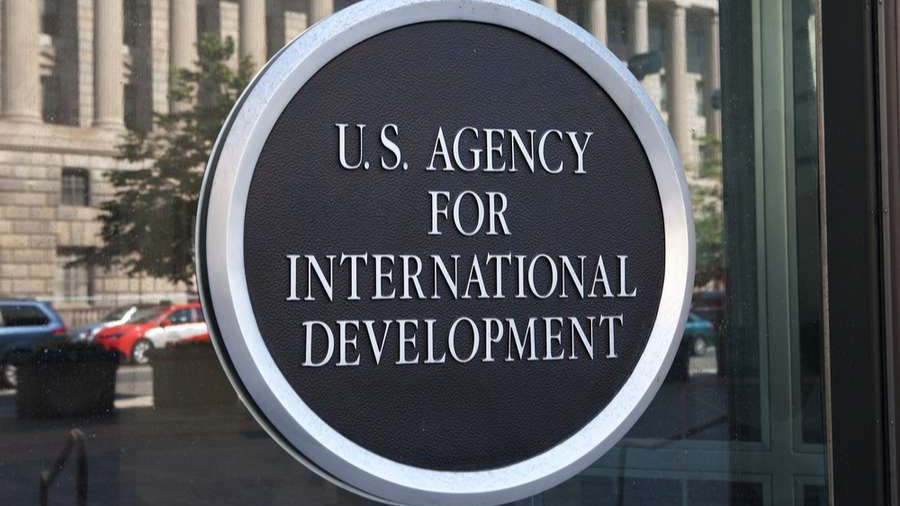A largely-overlooked Supreme Court case under consideration could actually pose a threat to international pro-life policies, one pro-life group warns.
Jeanne Mancini, the president of March for Life, wrote in an op-ed in the Washington Times on Monday that policies barring international funding of abortion promoters or providers could soon be at stake, depending on the Supreme Court’s decision in USAID v. Alliance for Open Society International, which featured during oral arguments last week.
In the case, the Supreme Court is considering whether or not U.S. funding of foreign entities for AIDS relief can be conditioned on their opposition to prostitution and sex trafficking.
As part of PEPFAR, the President’s Emergency Plan for AIDS Relief, the U.S. has committed nearly $90 billion since 2003 to fight AIDS and other diseases such as Tuberculosis and Malaria. Under the Leadership Act, U.S. assistance to foreign groups in this program requires that they oppose sex trafficking and prostitution.
The court previously ruled that applying such requirements to domestic organizations violated the First Amendment; it is now considering whether those same restrictions can be applied to the foreign affiliates of those domestic groups.
If the court rules that the government cannot impose such restrictions on the foreign entities, March for Life is concerned that other policies--such as barring global health assistance to foreign entities that provide or promote abortions--could suddenly be at risk.
While the distinction between foreign entities of domestic organizations and the organizations themselves might seem a small one, Mancini told CNA on Tuesday, it is significant.
A group such as CARE in the United States—an international humanitarian organization that fights poverty—might have the same branding as CARE Ghana, but does not share the same funding.
March for Life in the U.S. might share the same branding and mission as March for Life Canada and March for Life Ireland, she said, but the foreign entities in Canada and Ireland should not automatically enjoy the same free speech privileges as the U.S. group.
“What we’re talking about are foreign, separate organizations that are based in those countries that might share some branding,” Mancini said. “Why would they ever receive U.S. constitutional privileges? That doesn’t make any sense.”
The Mexico City Policy bars U.S. funding of abortion providers or promoters overseas, and the Trump administration expanded it to include nearly $9 billion in global health assistance, under Protecting Life in Global Health Assistance.
At the oral arguments in the case on May 5, the issues of abortion and the Mexico City Policy did surface.
Justice Brett Kavanaugh asked Christopher Michel, Assistant to the Solicitor General, if the Court could, in fact, affect other government policies by extending free speech protections to foreign affiliates.
“I do think it would call into question a number of different statutory and administrative regulations of foreign speech that like -- that likely couldn't be applied domestically,” Michel responded.
He added that it is “commonplace” for Congress and the administration to “condition foreign aid to entities abroad on certain policy objectives, such as opposing terrorism or supporting women's rights or opposing apartheid, or, in the case of the Mexico City policy, taking certain positions on abortion.”
However, Michel said, if domestic organizations could team up with their foreign entities to overturn those restrictions, it could “create considerable risk of disturbing long-settled -- long-settled laws.”

